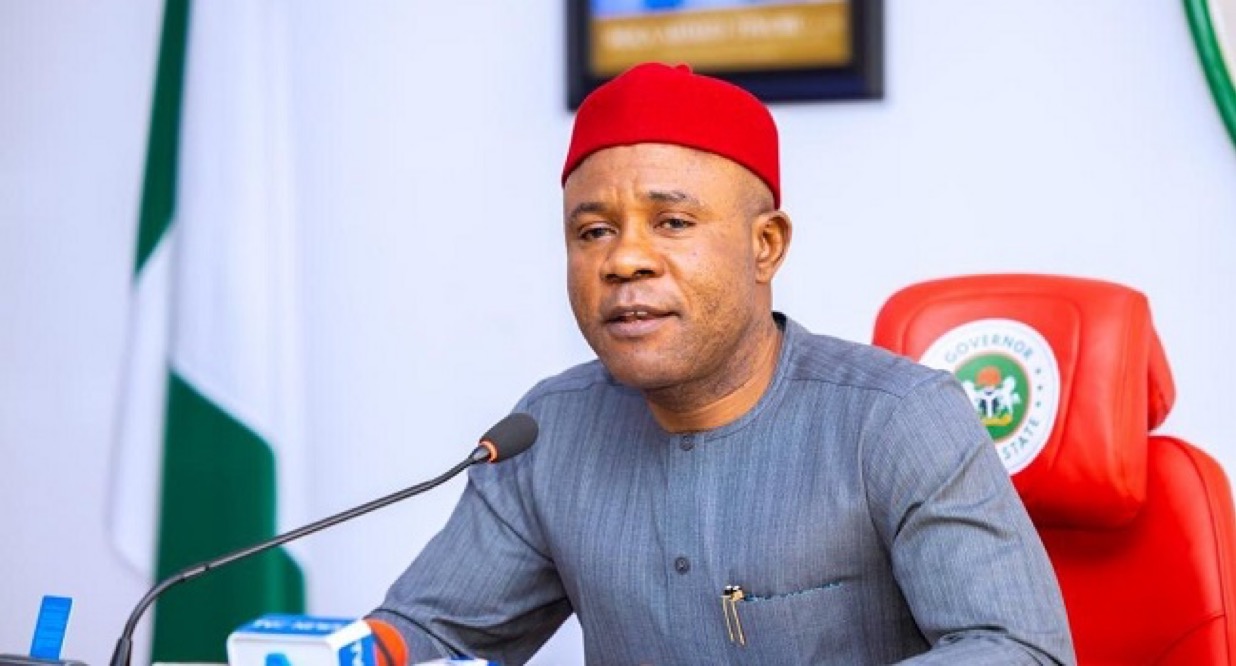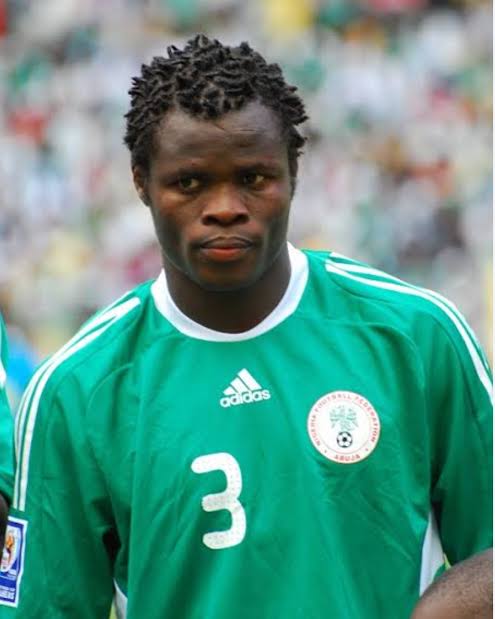
"I Don’t Pluck Money From Trees": Lizzy Gold Blasts Father Over Cold Response to Generous Easter Gift

Nollywood actress Lizzy Gold has sent social media into a frenzy after calling out her father over what she describes as an “entitlement mentality” following his disappointing reaction to a generous monetary gift she sent during the Easter celebration. In a raw and emotional revelation that has since been deleted from Instagram, Lizzy opened up about how a simple act of kindness turned into a source of frustration and heartbreak, sparking widespread discussion about gratitude, family expectations, and the emotional toll of being a giver.
According to Lizzy, who is known for her vibrant roles on screen and her outspoken personality off it, this was not the first time she had sent money to her father. In fact, she noted that it had become something of a ritual — a loving tradition of sorts. She described how she typically sends the money late at night so that her father wakes up to a credit alert in the morning. This surprise tactic wasn’t just for drama; it was her way of showing affection. And in return, she eagerly anticipated something even more meaningful than words: heartfelt prayers.
“Normally, I always send money to my father. I do send money at night so that he will see the amount I have sent when he wakes up in the morning, because I love surprises,” Lizzy said in the now-deleted video. It was those early-morning prayers that kept her going — words of blessing that, to her, meant more than the money itself. They were her emotional reward, the warmth that affirmed her sacrifices.
But this Easter, things took an unexpected and painful turn. She recounted that her father had earlier messaged her with a casual request, writing: “Baby how far na? Do Easter for you papa na.” At first, she ignored the message — perhaps thinking she’d surprise him later, or maybe needing time to consider it. Eventually, she chose to outdo herself. At 2 a.m., she transferred a “huge” sum — one she claimed was ten times more than her usual gifts. The intention was clear: love, generosity, and perhaps a desire to make her father feel special on a holy day.
However, what followed was not what she had imagined. Instead of an effusive show of gratitude or those treasured prayers, she woke up to a flat, one-word response: “Thanks.” That was it. No prayers. No excitement. No recognition of the magnitude of the gift.
It cut deep.
“You know that kind of feeling of giving your father big money and you are expecting to wake up and see some kind of prayers that will bubble you,” she explained, visibly emotional. Seeking clarity — maybe even redemption — Lizzy called her father to ask why he didn’t pray for her as he always did. His response? “I prayed for you in my heart.”
For Lizzy, that wasn’t good enough.
“Daddy, I don’t pluck money from the trees. I work tirelessly for money,” she told him, her voice laced with disappointment. “I enjoy the prayers. It gingers me to want to do more.”
Her words have resonated deeply online, particularly among young adults who often carry the financial burdens of their families while craving appreciation in return. Her story has sparked a much-needed dialogue about the emotional labor of giving, the weight of expectations placed on successful children, and how easily relationships can become transactional when gratitude is absent.
Some commenters praised Lizzy for her honesty, saying that her experience reflects a reality many are afraid to speak about — that love and care are often taken for granted, especially when money is involved. Others, however, questioned her decision to air such a personal matter publicly, urging her to handle familial disagreements privately and preserve the dignity of her loved ones.
But Lizzy’s choice to go public might not just be about venting. It may be her way of reclaiming her narrative and validating the silent struggles that so many others endure. The video, though deleted, spread quickly across social platforms, touching a nerve with those who have ever felt the sting of being underappreciated, especially by those they love the most.
In African culture, where reverence for parents is deeply ingrained, speaking out about a parent’s behavior can be seen as disrespectful or taboo. But Lizzy’s revelation challenges that norm, pushing society to examine the fine line between respect and emotional exploitation. Her story is not just about a missed “thank you” — it’s about a deeper issue of emotional reciprocity in families where one person gives repeatedly without feeling seen or valued.
The actress’s frustration also points to a broader reality faced by many public figures: the assumption that because someone is famous or wealthy, their resources are endless and they owe it to others to give, give, and give. The pressure can be overwhelming, especially when the giving is met with silence or entitlement.
For Lizzy Gold, this episode has clearly left a mark. It wasn’t about the money — it never was. It was about the connection, the love, the recognition. It was about knowing that her effort meant something. That the sleepless nights, the hustle, the long hours on set were worth it because her father saw her heart through her gifts.
Now, whether or not her father realizes the impact of his response remains unknown. But one thing is clear: Lizzy’s courage in speaking her truth has opened the floor for a much-needed conversation. A reminder that the act of giving is not just financial — it’s emotional. And sometimes, all it takes to uplift a giver is not another request, but a heartfelt prayer or a sincere “thank you.”
As reactions continue to pour in, it remains to be seen whether this family rift will heal quietly or return to public discourse. But for now, Lizzy Gold has said her piece. And in doing so, she’s given voice to countless others who’ve ever felt unseen in their silent generosity.


